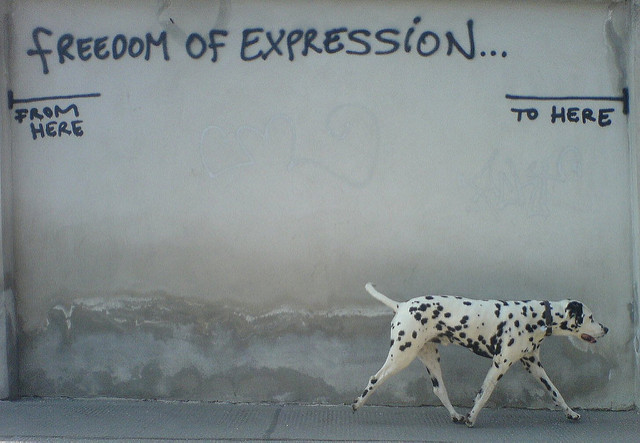Roots of Liberty: An Intro to the Freedom Formula

“So that however it may be mistaken, the end of Law is not to abolish or restrain, but to preserve and enlarge Freedom: For in all the states of created beings capable of Laws, where there is no Law, there is no Freedom. For Liberty is to be free from restraint and violence from others which cannot be, where there is no Law: But Freedom is not, as we are told, A Liberty for every Man to do what he lists.” John Locke The Second Treatise Chap. 6 1689
 The word ‘freedom’ is so often thrown around in everyday life, in the media, and most especially in the all-encompassing world of politics. The concept of freedom has stimulated timeless debates, yet it still has no one definition; we all have an understanding of when we lack freedom, yet can we really comprehend what it would be like to have total freedom? Would this be a world in which everyone jaunts around peacefully eating wild berries, or would it look more like what the early liberal Thomas Hobbes calls the State of Nature- a violent, volatile, chaotic arena? On either spectrum, is this a place that we, as a community of humans, are striving for? Weren’t humans progressive in removing themselves from this ungoverned state and investing in a government and civil society in order to regulate people’s actions?
The word ‘freedom’ is so often thrown around in everyday life, in the media, and most especially in the all-encompassing world of politics. The concept of freedom has stimulated timeless debates, yet it still has no one definition; we all have an understanding of when we lack freedom, yet can we really comprehend what it would be like to have total freedom? Would this be a world in which everyone jaunts around peacefully eating wild berries, or would it look more like what the early liberal Thomas Hobbes calls the State of Nature- a violent, volatile, chaotic arena? On either spectrum, is this a place that we, as a community of humans, are striving for? Weren’t humans progressive in removing themselves from this ungoverned state and investing in a government and civil society in order to regulate people’s actions?
Stemming from the large roots of political science, the liberal branch is the most concerned with freedom; however, this freedom is obtained through measures of established society and law. In other words, freedom may actually be achieved only when people are able to live without the constant threat of injustices looming over them. Accordingly, if freedom is gained through the establishment of laws and a governing body, then did humans- generally speaking- already achieve this? If so, why are people so concerned with freedom today— what’s all the hype?
In this blog series, I hope to unravel some of the main dilemmas surrounding the multitudes of ‘freedom’ discourses. For every type of freedom promoted, there is usually a valid case. Each case promoting freedom has pros and cons; however, there are circumstances when certain types of freedoms infringe on others’ rights and the pros are heavily outweighed by the cons. Take for example the classic United States case of maintaining the freedom to carry guns; disallowing guns is taking away one freedom, but is it one that we should be so hung up on considering all of the consequences? Are other people’s freedoms- for their lives perhaps- at stake in this case?
As these blog posts continue I will explore the concept of freedom as a double edged sword; it can help protect and defend, while also wielding the threat of abuse. The freedom discourse is too often used in conjunction with political platforms as sheer justification. Looking beyond this superficial use of this ambiguous word, this blog will hopefully open insight into the actualities of freedom: the dangerous pitfalls and the liberating attributes. I hope you all take advantage of the freedoms you have been granted, including your freedom of speech. I encourage you to comment on and engage with this perplexing topic with me, but whatever you decide to do with these blogs, remember to stay free folks.
-Keiko Ivinson
